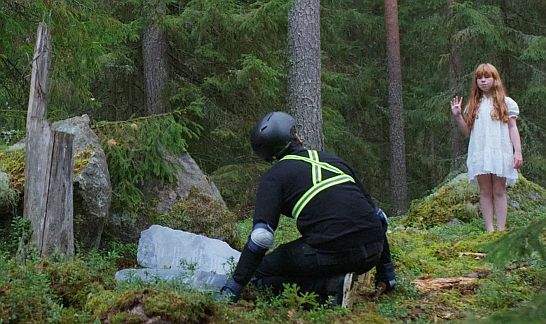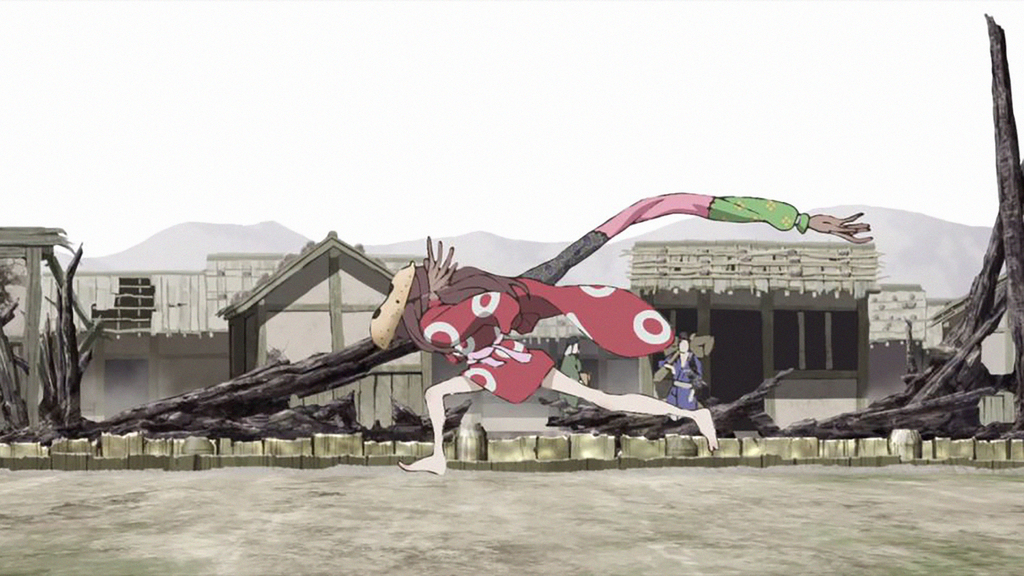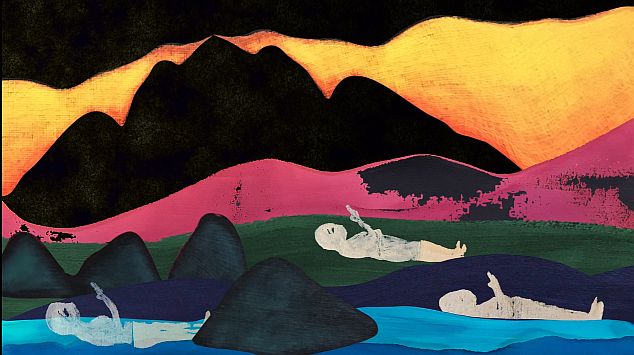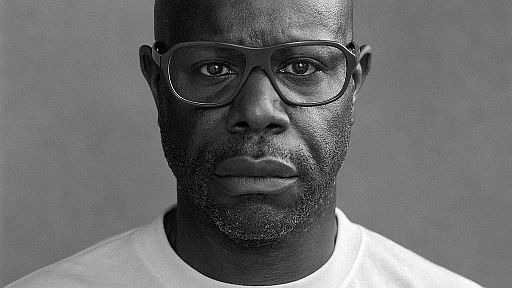The 52nd edition of International Film Festival Rotterdam (IFFR) opens 25 January with Munch by Norwegian filmmaker Henrik Martin Dahlsbakken. A beautifully psychological portrait of the struggling Edvard Munch, the artist who would become known as creator of The Scream. Four actors play the painter in four defining episodes of Munch's life. Dahlsbakken edits this like a mosaic that adds eloquence to the story. Munch could easily appeal to a wide audience, but at the same time shows Dahlsbakken as a filmmaker with his own voice.
A great start to a festival that values that very voice. And that, in addition, wants to go a step further by showing work that explores the boundaries of cinema and connections with other art forms. As in the programme section Art Directions.
'Film is cinematography is art,' is the quote often quoted in this context by Hubert Bals, the patriarch of IFFR. For film may be a great narrative medium, but its power and expression are not exhausted with it. There are plenty of examples of this outside the Art Directions programme, too.
Film as a piece of music

See for example Number Eighteen - selected for the Tiger Competition - by Dutch filmmaker Guido van der Werve. Someone who often moves on the plane between visual art, performance and film. After a serious accident that nearly killed him, he looks at his life in Number Eighteen back on his life.
Docu-fiction he calls this simultaneously dry-poetic and quietly-controversial self-examination. Images of his rehabilitation alternate with re-enacted fragments of a difficult childhood. So far, not particularly unusual in concept, until suddenly a musical ensemble with choir enters the scene and provides a sung contemplation. Which is very different from a musical. In the process, Guido's father's paintings are also given an important role. Thus, Number Eighteen beyond the calibrated formulas and could perhaps be called a visual piece of music through which he expresses his feelings in a special way.
Challenging animation
When it comes to connections with visual arts, we also find much to like in the realm of animation. One of the filmmakers in focus at IFFR is Japanese animation director Yuasa Masaaki, fast on its way to similar status to Hayao Miyazaki's. His rather conventional-looking Ride Your Wave (released in Dutch cinema two years ago) in retrospect proves to be an exception in his oeuvre full of challenging excesses.

Full of amazement and with growing enthusiasm, I watched his latest film Inu-oh. A rebellious adventure, also as a film, about the fortunes of a non-conformist singing and dancing duo in fourteenth-century Japan. Visually spectacular, with scenes that sometimes refer to classic Japanese prints, other times to modern graphic collage art or contemporary rock stars. Exuberant, brash animation-expressionism. His equally uninhibited debut Mind Game can also be seen at IFFR.
Political collage art

Another focus programme is dedicated to American artist Stanya Kahn. She also crosses artistic boundaries with animation and performance, music and painting, fiction and documentary. In So Low You Can't Get Over It for example, she uses her own paintings as raw material for an ultra-short digital animation that is as wonderful as it is mysterious. Floating figures stare at their mobile phones in an abstract, ever-changing landscape.
Its Stand in the Stream is then completely different, yet also seems to be searching for an underlying feeling in a confusing world. You could call it documentary collage art. So not a traditional documentary argument about a recent development. But an immersion in a maelstrom of images, from the protests in Egyptian Tahrir Square to the election of Trump, inspired by a quote by Bertolt Brecht. Compelling, urgent and political. Stand tall in the maelstrom, assert yourself!
Art Directions
In searching for the art form cinema can also be, the programme goes Art Directions Then another step further. As was the idea two years ago for Vive le cinéma, Eye and IFFR's joint anniversary programme. Away from the traditional screening in the cinema. This can be Virtual Reality, but also film or video as part of an art installation or audiovisual performance. Sometimes live, sometimes as a multi-screen presentation, sometimes as a space where you as a visitor become part of the project.
Visitors to IFFR can now step straight into the installation upon arrival at Rotterdam Central Station Æther (Poor Objects). It promises a poetic immersion linking the digital vlogger world with images of a solar eclipse. Two extremes of elusiveness, I imagine, as I have not yet had the opportunity to see it for myself.

Curious is Art Directions in any case, and that is definitely true of the new video installation Sunshine State by Steve McQueen. He achieved his fame mainly as director of films such as Oscar-winning 12 Years a Slave, the Cannes award-winning Hunger and the relatively recent series Small Axe featuring stories from the Caribbean community in London.
But before he became a filmmaker, McQueen was already asserting himself as a visual artist. Two disciplines come together in the installation created at the invitation of IFFR Sunshine State, set up in Depot Boijmans Van Beuningen. The festival calls this video project set on two screens a "monumental work that invites reflection". Excerpts from the first talking film The Jazz Singer (1927), accompany it with a shocking story about a racist incident McQueen's father experienced, and images of a fiery burning sun. I'm definitely going to see it.
